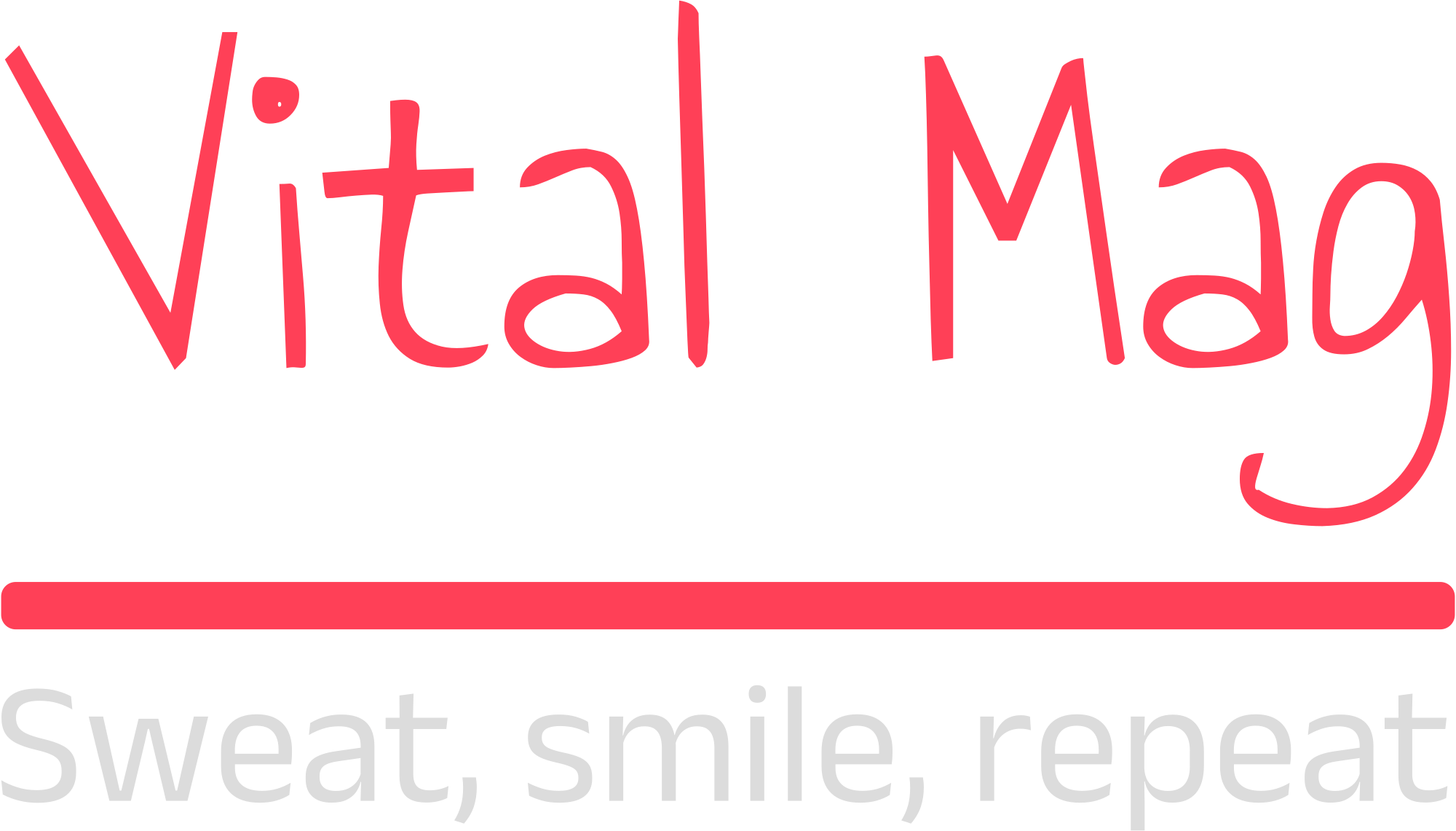Let’s get it straight—balance is the easiest thing to maintain but the hardest one to achieve at the start.
Understanding how to fuel your body properly and incorporating moderation in both diet and physical activity is the balance we’re talking about.
A balanced approach can significantly enhance overall fitness and well-being, paving the way to optimal health.
Moderation in Food
Achieving optimal health requires a balanced approach to eating. Moderation helps ensure you get the nutrients you need without overindulging.
Balanced Eating
Moderation in food intake is essential for maintaining energy levels and supporting overall health. Eating a variety of foods ensures a comprehensive intake of necessary nutrients without overconsumption of any single nutrient.
Portion Control
Practicing portion control helps prevent overeating, which can lead to weight gain and other health issues.

Enjoying treats in moderation allows you to indulge without compromising your fitness goals.
Sustainable Diet
A sustainable diet is one that you can maintain in the long term. This means finding a balance between nutritious foods and occasional indulgences. This approach reduces the risk of burnout and fosters a healthier relationship with food.
Moderation in Exercise
Same goes for fitness. Moderation helps prevent injuries and ensures long-term success. Again, balance is the key.
Balanced Training
Moderation in exercise is crucial to avoid overtraining and injury. While it’s important to challenge your body, it’s equally important to allow time for rest and recovery.

This balance supports muscle growth, prevents fatigue, and improves overall performance.
Regular Breaks
Incorporating regular breaks and rest days into your exercise routine helps prevent overuse injuries and mental burnout. Rest days allow your muscles to repair and grow stronger, enhancing your overall fitness.
Listening to Your Body
Paying attention to your body’s signals can help prevent overtraining. Symptoms like persistent fatigue, soreness, and decreased performance indicate the need for rest. Moderation in exercise ensures you stay healthy and motivated.
Nutrition for Optimal Health
Proper nutrition fuels your workouts and supports recovery, making it an essential component of a fitness-oriented lifestyle. Incorporating nutrient-dense foods and drinks can significantly enhance your performance and overall health.
Nutrient-Rich Foods and Drinks
Incorporating nutrient-rich foods and drinks into your diet is crucial for supporting your fitness goals. Here are some top choices that offer exceptional benefits.
Wine
Wine, especially red wine, offers surprising health benefits when consumed in moderation. It contains powerful antioxidants like resveratrol, which support heart health by reducing inflammation and improving blood circulation.

Studies have shown that moderate wine consumption can increase levels of high-density lipoprotein (HDL) cholesterol and protect against artery damage.
Moderate wine consumption (about one glass per day for women and up to two for men) can aid in relaxation and stress reduction, contributing to overall well-being.
Red wine’s polyphenols also have been linked to improved gut microbiota and reduced risk of type 2 diabetes.
Leafy Greens
Leafy greens such as spinach, kale, and Swiss chard are nutritional powerhouses rich in vitamins (A, C, K, and several B vitamins), minerals (iron, calcium, magnesium), and antioxidants.
These nutrients support muscle function, improve heart health, and enhance overall vitality. For example, vitamin K in leafy greens is crucial for bone health and blood clotting. These greens are also high in dietary fiber, which aids in digestion, helps regulate blood sugar levels, and maintains a healthy weight by promoting satiety.

The nitrates found in leafy greens have been shown to enhance athletic performance by improving mitochondrial efficiency.
Lean Proteins
Lean proteins like chicken, turkey, fish, and plant-based options such as beans and lentils are essential for muscle repair and growth.
Adequate protein intake is critical for recovery after workouts and for building lean muscle mass, which in turn improves strength and endurance. For instance, fish, particularly fatty fish like salmon and mackerel, are rich in omega-3 fatty acids that reduce inflammation and support heart health.

Plant-based proteins, such as lentils, provide fiber and essential amino acids without the saturated fats found in some animal proteins. Consuming a variety of lean proteins ensures you get a balanced profile of amino acids necessary for optimal muscle function and recovery.
Whole Grains
Whole grains such as quinoa, brown rice, and oats provide sustained energy for workouts due to their complex carbohydrate content.
These grains are rich in fiber, vitamins (especially B vitamins), and minerals like iron and magnesium, which are essential for energy production and muscle function. Quinoa, for example, is a complete protein, meaning it contains all nine essential amino acids, making it an excellent option for vegetarians and vegans.

The slow-digesting nature of complex carbohydrates helps maintain stable blood sugar levels, preventing energy crashes and supporting overall stamina and performance during physical activities.
Berries
Berries like blueberries, strawberries, and raspberries are packed with antioxidants, vitamins (C and K), and fiber. The high antioxidant content in berries helps reduce inflammation and oxidative stress, which are common after intense workouts.
Vitamin C in berries supports immune function and collagen production, which is vital for the health of skin, tendons, ligaments, and blood vessels. Berries’ natural sugars provide a quick source of energy, making them an excellent choice for pre-or post-workout snacks.
The fiber in berries also aids in digestion and helps maintain a healthy gut microbiome, which is crucial for overall health and nutrient absorption.
Nuts and Seeds
Nuts and seeds are excellent sources of healthy fats, protein, and fiber. They’re also a nice part of the keto diet.

They provide sustained energy, support heart health, and aid in muscle recovery. For example, almonds are rich in vitamin E, an antioxidant that helps repair cells and reduce inflammation.
Chia seeds and flaxseeds are high in omega-3 fatty acids, which are anti-inflammatory and beneficial for heart health. The protein content in nuts and seeds supports muscle repair and growth, while their fiber content helps with digestion and promotes satiety, aiding in weight management.
Including a variety of nuts and seeds in your diet can enhance overall nutrition and improve fitness performance by providing essential nutrients and sustained energy.
Takeaway
Balance is usually what we all avoid but seek at the same time. Imagine if finding that equilibrium could be as enjoyable as it is beneficial.
With moderation and thoughtful choices, you can achieve a harmonious blend of nutrition and exercise. This balanced approach transforms the journey to optimal health from a chore into a rewarding lifestyle.

Meet Sally, the health blogger who believes that laughter really is the best medicine, except when it comes to treating a hangnail. Sally’s approach to wellness involves a healthy dose of humor, mixed with practical advice that doesn’t take itself too seriously. Whether she’s discussing the virtues of kale smoothies or her latest attempt at meditating without falling asleep, Sally’s blog is your go-to for a giggle and genuine health tips.

